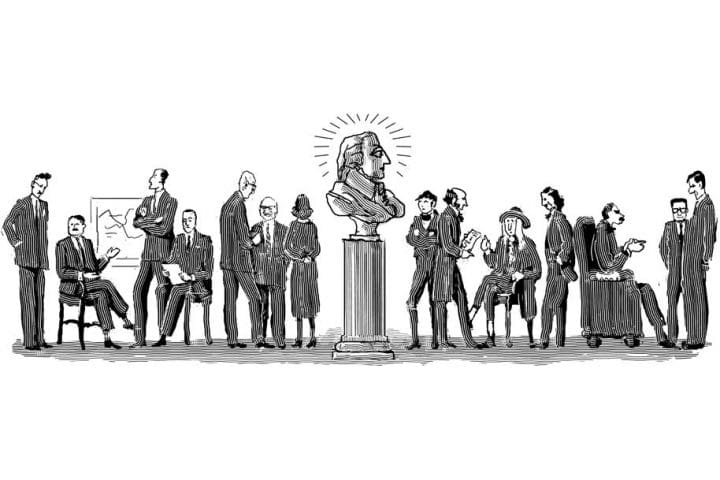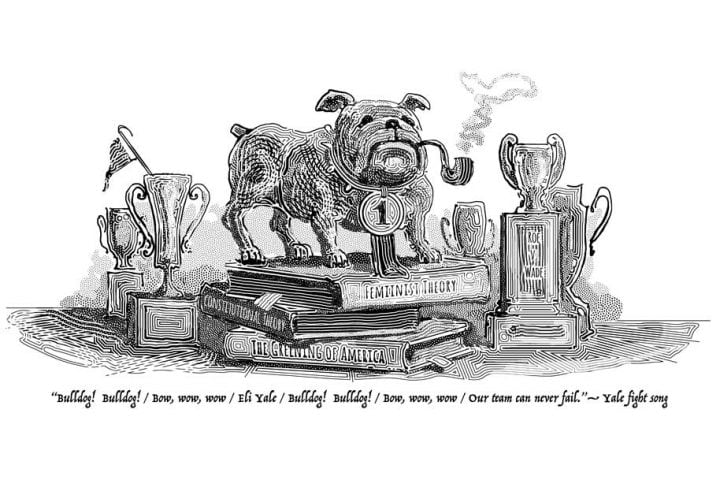Books Reviewed
The explosion of Adam Smith scholarship in the last two decades has generated new comprehension, but also more confusion. Readers have gotten to know Smith as a left-winger and right-winger, a thinker ancient and modern, radical and cautious.
Amidst this proliferation, Jesse Norman, a Conservative member of the British Parliament and author of the well-received book Edmund Burke: The First Conservative (2013), has produced Adam Smith: Father of Economics. His immediate goal is to refute those, Left and Right, who consider Smith a narrow advocate of self-interest and laissez-faire. Smith, Norman argues, is much more than an economist and his economics differs substantially from today’s highly abstract and mathematical academic discipline.
The idea that Smith is prudent rather than zealous is not a bold insight. What is distinctive about Norman’s interpretation is the way he applies Smith to 21st-century controversies. Anxious to absolve Smith from any responsibility for the 2008 global financial crisis, Norman argues for a free-market conservatism. Neoliberalism is dead, he declares, an increasingly transparent apology for a crony capitalism that produces slow growth, increasing inequality, volatility, and popular resentment. What is needed is a new “master-narrative for our times,” grounded in a return to Adam Smith and the “dawn




